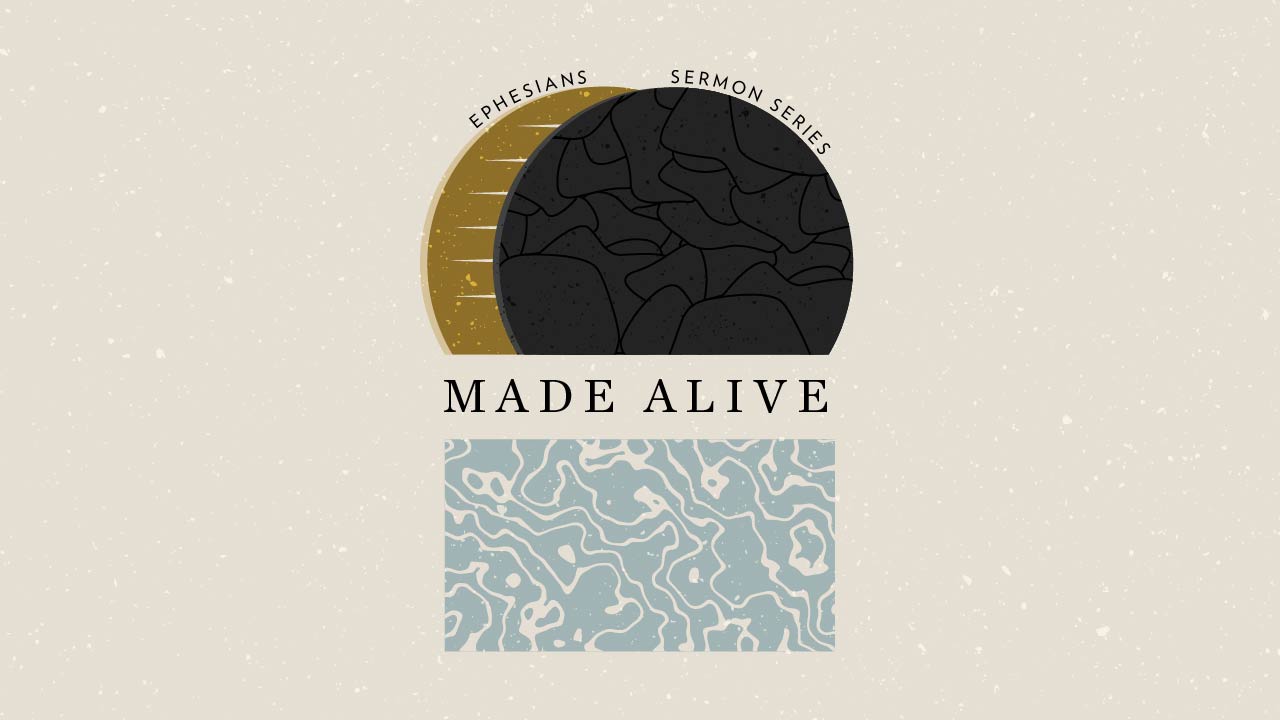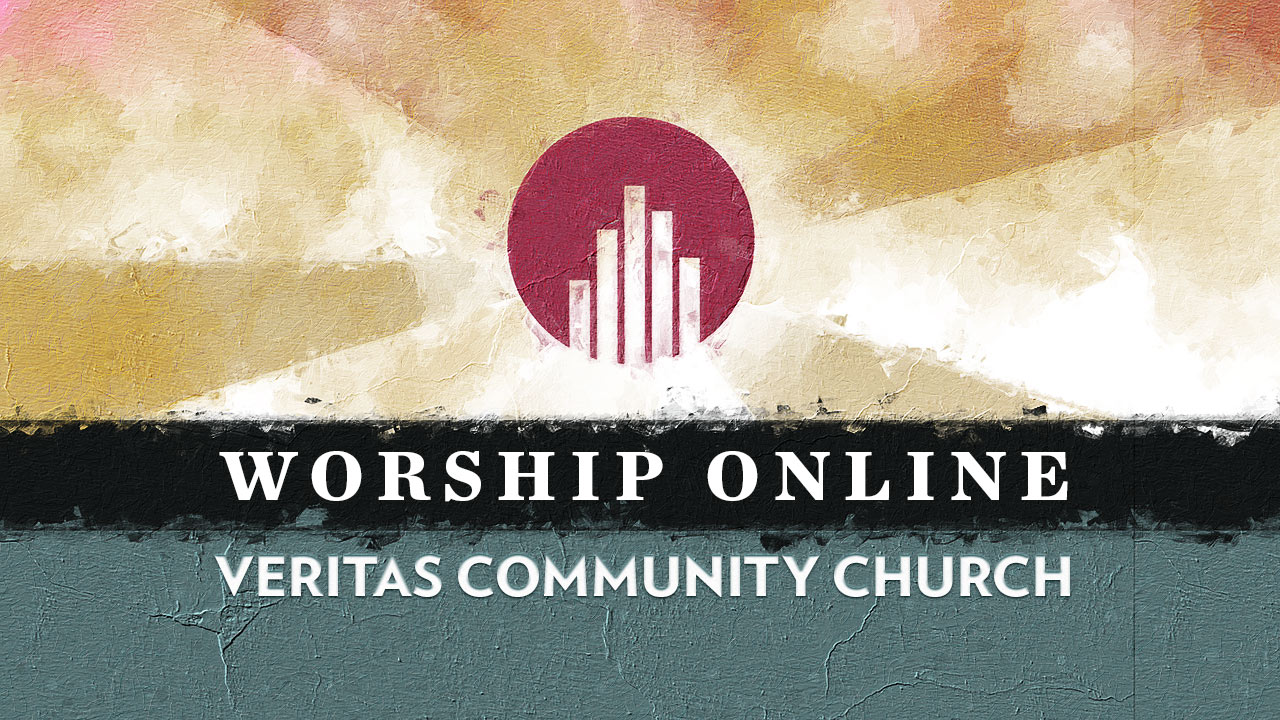We Are All Storytellers
We Are All Storytellers
But We Are Not The Author
by Thomas Dutton
My parents once began watching The Fellowship of the Ring on disc two by accident. My mother had never seen the movie before, but my father had. Unsurprisingly, my mom had tons of questions. Characters’ motivations and actions didn’t make much sense to her, because she didn’t know the bigger picture. But my dad wasn’t confused at all, because he knew the whole story. They were watching the very same scenes and dialogue, yet their experiences were vastly different. And who would want to be in my mom’s shoes?
When we hear about someone’s life, we’re always coming into a story. We hear about a sin struggle, say anger. We can hear about what that’s looked like lately, what has been triggering it, and what this person has done to address it. But this is just one scene! What about how this person was taught to handle emotions by their parents? What about lessons picked up elsewhere, maybe from movies and television? How about the relationship between this struggle and others in this person’s life? This person is in the middle of a story—a long, complex one.
God chose stories. God chose to communicate with us by giving us a book. This book is, among other things, a story. A story of God’s people and of his redemptive plan. It even includes stories of God coming to earth in the form of Jesus, and how did Jesus often teach? By telling stories. God didn’t have to do things this way, but he chose to. He didn’t have to include sinners like us in his story, but he chose to. If stories are important to God, they ought to be important to us too.
Ask about their story. There could be a thousand reasons Frodo is angry with Sam, but you don’t know unless you know the story. There could be a thousand reasons your friend is battling a season of depression, but you can’t begin to understand until you learn about their story. This is why we start by asking questions, not by offering solutions. This is why we are quick to listen and slow to speak.
Be a part of their story. We don’t know how our stories end, but we know how the story ends. God triumphs over the enemy and restores His people to enjoy His presence and His creation forever. Hallelujah! But what does this mean for us in grief? In anxiety? In a pornography addiction? We don’t know what God’s up to, but we know He’s up to something. This is why we make ourselves available to God, rather than trying to play God. This is why we start by drawing near to one another with gentle care and a listening ear in hard times, rather than assuming we know the story, or worse, trying to write it ourselves.
Church, let us strive to admonish the idle, encourage the fainthearted, help the weak, and be patient with them all. Let us take a breath, and listen for experience instead of relating to circumstance. Let us offer our presence before we offer a prescription. Let us ask another question, taking pleasure in understanding rather than expressing our opinion. But while we do these things, let us not think of listening and caring as an algorithm to carry out or a puzzle to solve. Let us remember that we are talking to a daughter or son of God, someone who has a story. Let us remember that our God knows the next chapter in this story, and we don’t. Let us trust that he’s a better author than we are.
by Thomas Dutton




Comments are closed.